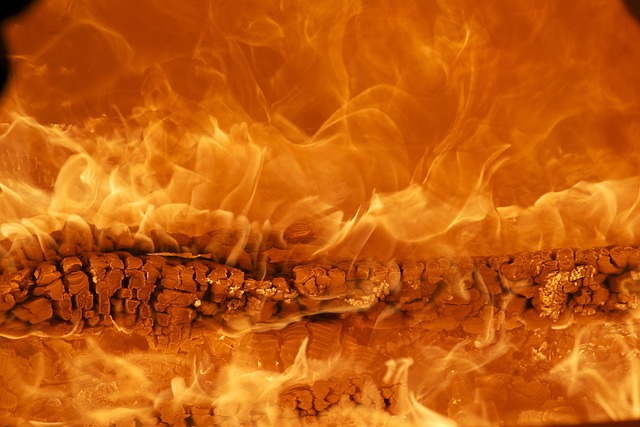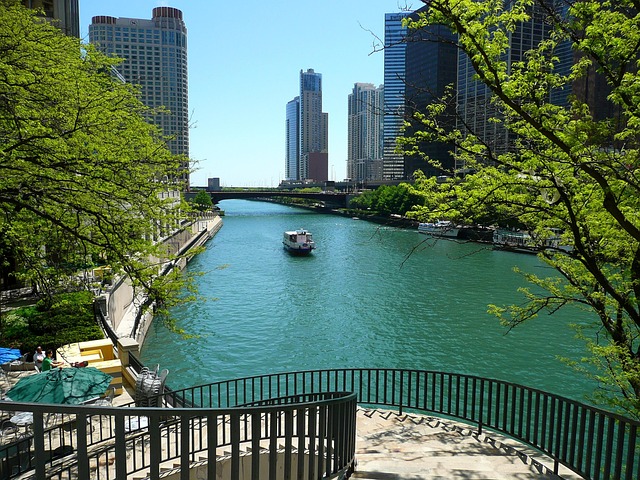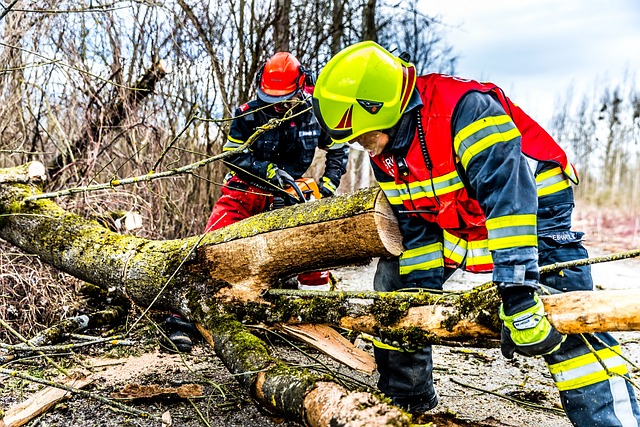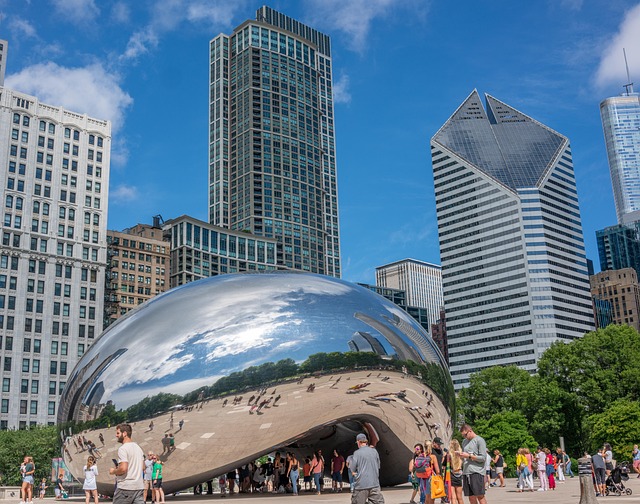Selling a home with fire damage in Chicago requires navigating complex regulations designed to ensure fair and safe transactions. Homeowners must disclose significant structural or cosmetic issues, adhere to strict rebuilding guidelines, and meet safety standards. Understanding these rules, from initial assessment to preparing the property for sale, is crucial for a successful transaction in Chicago's competitive real estate market. By following practical strategies, homeowners can transform a damaged property into an attractive opportunity, ensuring a smooth sales process.
“In the competitive Chicago real estate market, understanding local housing regulations is paramount, especially when dealing with properties that have experienced fire damage. This article offers a comprehensive guide for both sellers and buyers navigating the complexities of Chicago’s housing regulations. We explore legal perspectives, the disclosure of fire damage, remediation processes, and the protection of rights during transactions involving fire-damaged homes in Chicago.”
- Understanding Chicago's Housing Regulations: A Legal Perspective
- Fire Damage Disclosed: Implications for Sellers and Buyers
- The Process of Repair and Remediation After Fire
- Legal Obligations and Rights: Protecting Both Parties in Real Estate Transactions
Understanding Chicago's Housing Regulations: A Legal Perspective

Chicago’s housing regulations are a complex web of laws and guidelines designed to ensure fair and safe practices in property transactions, particularly when it comes to selling homes with fire damage. From a legal perspective, understanding these regulations is paramount for both sellers and buyers navigating the Chicago real estate market. For instance, the City of Chicago has specific requirements for disclosing any previous fire-related incidents, which can significantly impact a home’s resale value.
When a house in Chicago experiences fire damage, it’s not just about repairing the physical structure; it involves adhering to strict guidelines on rebuilding and renovation. Sellers must disclose these issues transparently, providing potential buyers with accurate information about the extent of the damage and subsequent repairs. This process is crucial to avoiding legal disputes and ensuring buyer protection, especially in cases where significant fire damage has occurred. Additionally, Chicago’s building codes play a pivotal role, dictating safety standards for all properties, including those sold after renovation from fire damage.
Fire Damage Disclosed: Implications for Sellers and Buyers

When it comes to selling a house with fire damage in Chicago, transparency is key. It’s crucial that both sellers and buyers understand the implications and potential costs associated with any fire-related incidents. According to local regulations, sellers are legally obligated to disclose any significant structural or cosmetic damage caused by fires, ensuring full disclosure during the sales process.
This disclosure can impact a buyer’s decision and negotiation strategies. Buyers may request repairs, demand a price reduction, or even walk away from the deal based on the severity of the fire damage. Therefore, sellers must be prepared to provide detailed information about the extent of the damage, the type of repairs conducted (or needed), and relevant documentation to build trust with prospective buyers in the competitive Chicago real estate market.
The Process of Repair and Remediation After Fire

After a fire, homeowners in Chicago face a complex process of repair and remediation to restore their properties and prepare them for sale. The first step is to assess the extent of the damage, which requires professional inspections to identify structural integrity issues, hazardous materials like asbestos or lead, and the overall scope of repairs needed. This assessment is crucial for understanding both the financial implications and potential health risks associated with selling a house with fire damage in Chicago.
Once the assessment is complete, homeowners must prioritize repairs, tackle remediation efforts (such as removing smoke and soot), and ensure compliance with local building codes and insurance requirements. Working closely with experienced contractors who specialize in fire restoration can help streamline this process. Effective communication between homeowners, contractors, and insurance providers is essential to navigate the complexities of selling a house with fire damage in Chicago successfully.
Legal Obligations and Rights: Protecting Both Parties in Real Estate Transactions

Selling a house with fire damage in Chicago involves navigating complex regulations and legal obligations. Understanding these guidelines, from disclosure requirements to repair processes, is crucial for both sellers and buyers to ensure a smooth transaction. By adhering to these regulations, real estate professionals can protect their rights while facilitating a successful sale, even when dealing with fire damage. This comprehensive approach ensures that the process of selling a house with such issues in Chicago remains transparent, safe, and compliant with local laws.






